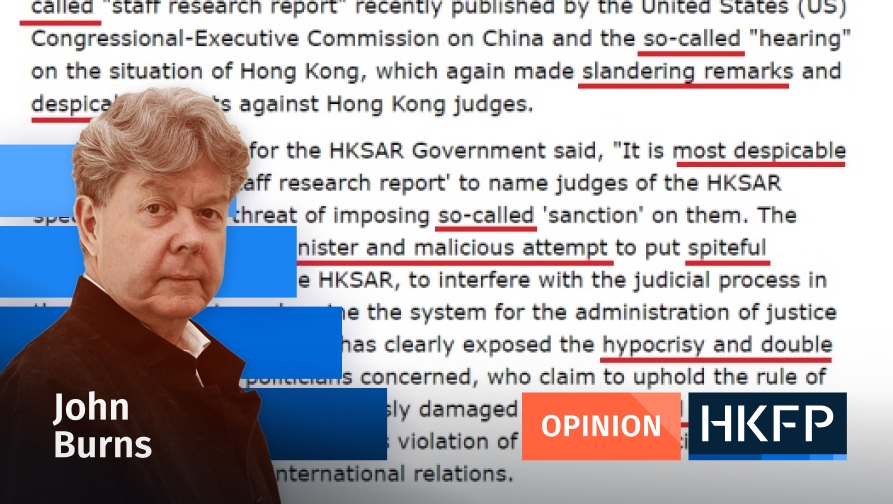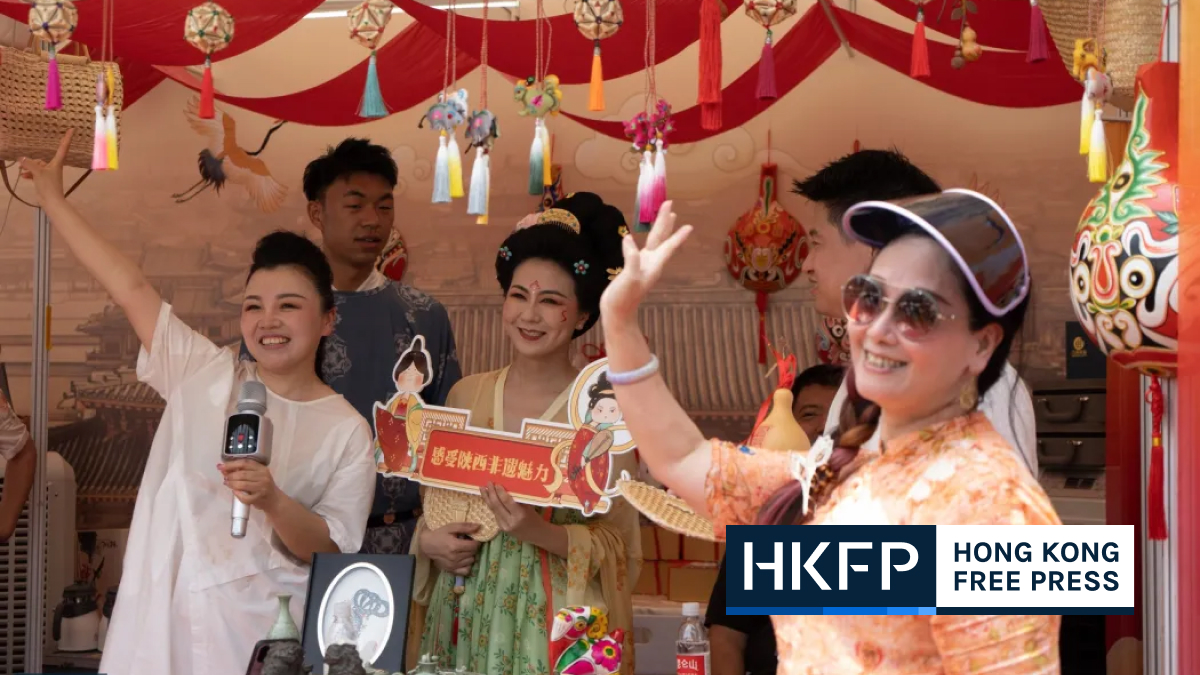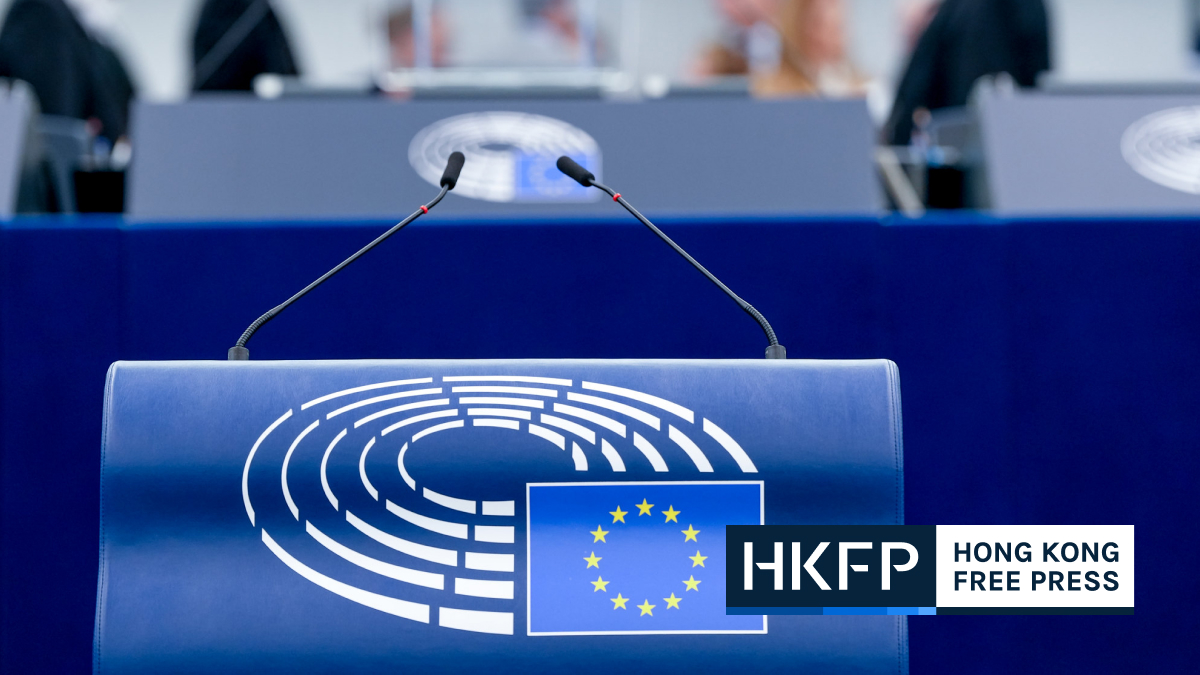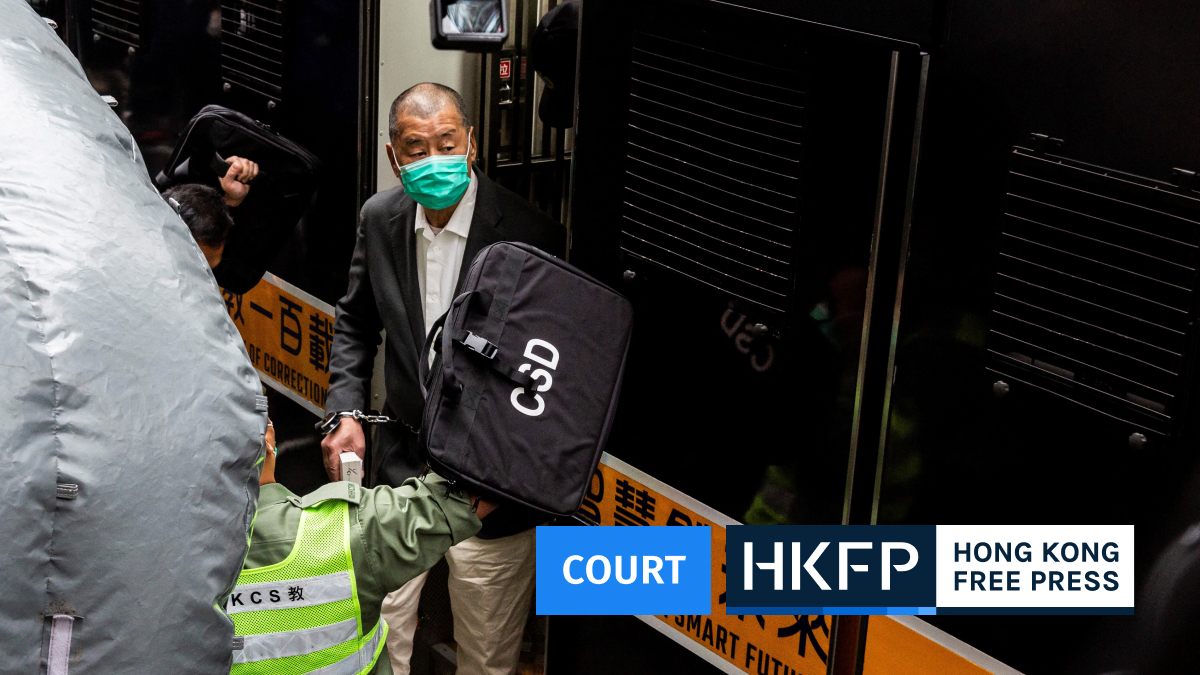Hong Kong has launched a bid to appeal against the court’s rejection of its attempt to ban pro-democracy protest song Glory to Hong Kong, the government has said.
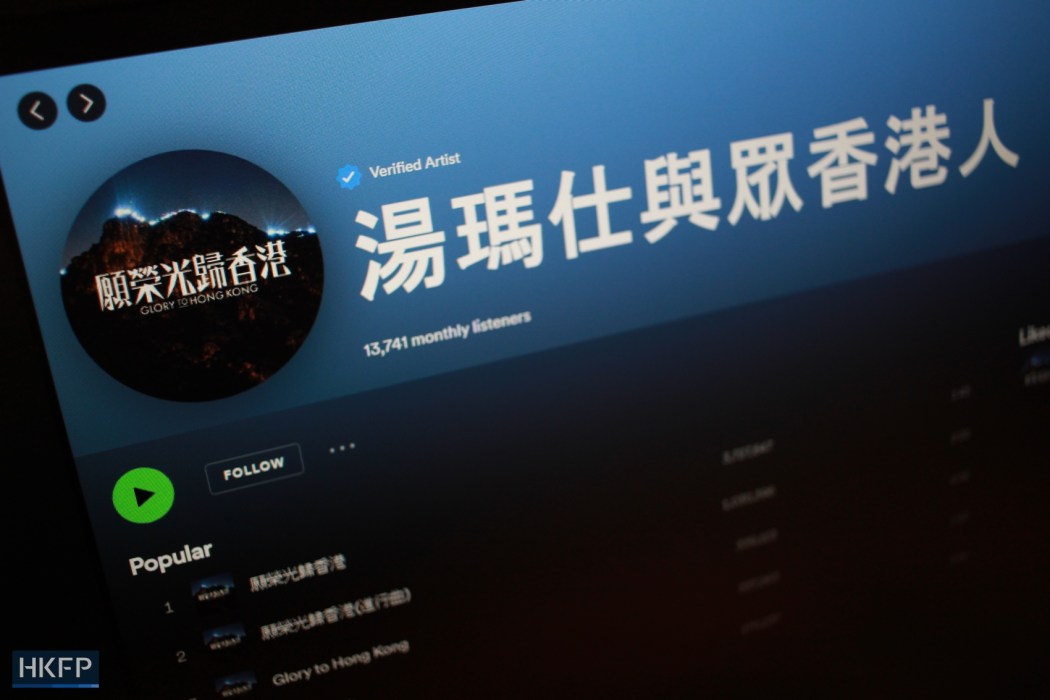
In a statement published on Monday afternoon, the Department of Justice (DoJ) said that the city’s justice minister had decided to appeal the High Court decision not to grant an interim injunction prohibiting unlawful acts relating to Glory to Hong Kong. The DoJ added that it had filed an application for leave to appeal.
“The Secretary for Justice acting as a guardian of public interest applied for the interim injunction for the purpose of discharging the constitutional responsibility of the Government of the Hong Kong Special Administrative Region to safeguard national security by effectively preventing, suppressing and imposing punishment on acts or activities endangering national security, and to preserve the dignity of the National Anthem,” a spokesperson for the DoJ said in the statement.
In its application for the injunction, filed on June 5, the DoJ sought to bar the distribution of the pro-democracy protest song with the intention to incite secession, sedition, or to violate the national anthem law. The government also sought to bar anyone from assisting with those acts.

In his ruling, delivered on July 28, High Court judge Anthony Chan said he was not “satisfied” that it was “just and convenient” to grant the government’s request for an injunction.
“Given that the Injunction is aimed at criminal acts but not lawful activities, I believe that the intrusion to freedom of expression here, especially to innocent third parties, is what is referred to in public law as ‘chilling effects’,” Chan wrote.
“With respect, I am unable to agree that the chilling effects may be dismissed simply because the Injunction is not aimed at lawful pursuits,” the court’s ruling read.
The DoJ spokesperson on Monday noted, however, that the court had agreed “there can be little doubt that the song… was used to incite secession, and the four classes of acts that the application for interim injunction sought to prohibit are plainly or likely to constitute criminal activities.”
The lyrics of Glory to Hong Kong, a song popularised during the 2019 extradition bill protests, contain the phrase, “Liberate Hong Kong, revolution of our times,” a slogan that was ruled to be capable of inciting secession during the city’s first national security trial.

“The [Court of First Instance of the High Court] made the decision to refuse granting an interim injunction not because the acts in questions are legal, but because the court considered that such acts already constitute criminal offences even without the injunction, and therefore was not satisfied that the injunction would be of real utility,” the DoJ spokesperson said on Monday.
The spokesperson added that the secretary for justice “considered it necessary to appeal to put forward views and request the Court of Appeal to consider granting the interim injunction.”
‘Fundamentally wrong’
On the same day the High Court delivered its verdict, the city’s leader John Lee said he had ordered the DoJ to “take follow-up actions as soon as possible,” and in the days that followed, pro-establishment lawmakers criticised the judge’s decision and urged the government to appeal or amend relevant laws to deal with the song.
Holden Chow, the vice-chairperson of pro-Beijing party the Democratic Alliance for the Betterment and Progress of Hong Kong (DAB), posted three times on Facebook saying points of law raised by the court were “fundamentally wrong”.
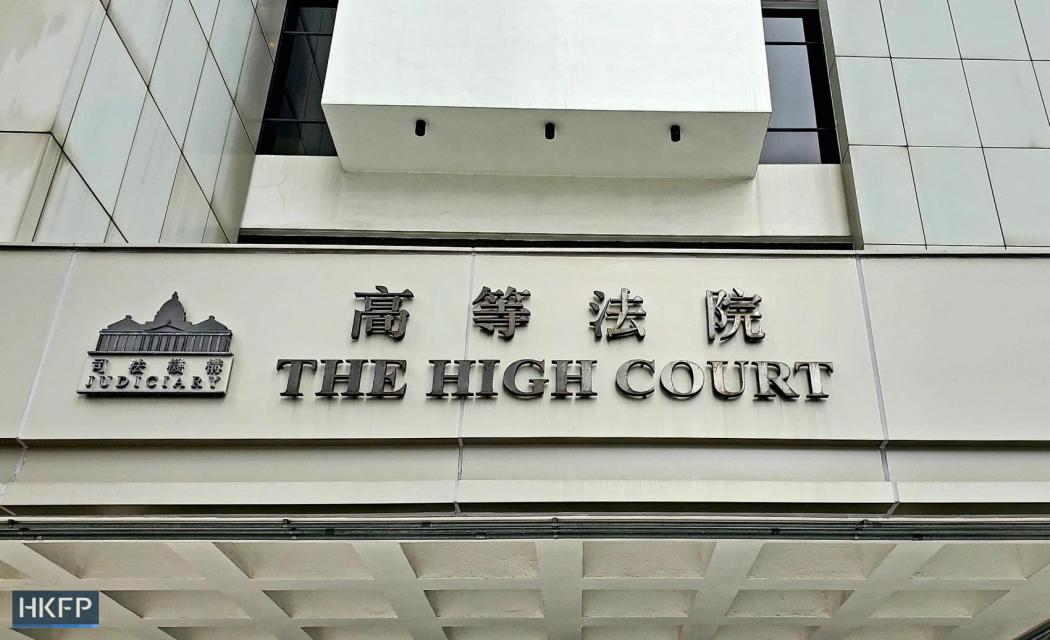
“The song has become widely known and utilised as a means to promote Hong Kong independence. It has unquestionably become a matter of national security. So why is freedom of speech being brought into the discussion? “ Holden said. “It seems that the court lacks a proper understanding of national security and its significance.”
DAB lawmaker Elizabeth Quat and president of pro-Beijing party the Hong Kong Federation of Trade Unions Stanley Ng also posted on Facebook. “The court’s ruling has failed to fully consider the facts and legal points provided by the DoJ,” Ng said.
In a report published by state-backed Chinese-language newspaper Wen Wei Po on Monday, five pro-establishment legislators urged the DoJ to file an appeal or explore alternative measures to ban the song.
Pro-establishment party New People Party’s lawmaker Eunice Yung said that the court’s ruling reflected that some people “lacked basic understanding” of the importance of safeguarding national security, therefore the government should consider conducting “legal reform” and reviewing the implementation of the national security law.
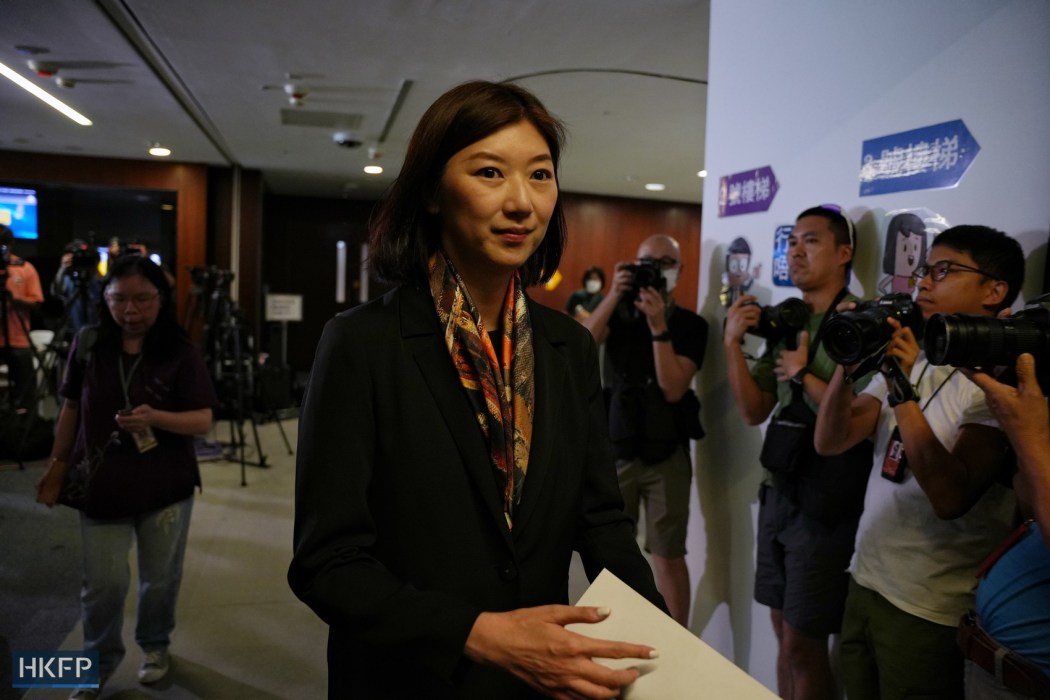
Yung did not specify the details of legal reform.
Yung is the daughter-in-law of wanted overseas activist Elmer Yuen, one of eight self-exiled pro-democracy figures with a HK$1 million bounty on their heads relating to alleged national security offences. Yung said on July 24 her home had been searched and she had been questioned by national security police for nearly three hours.
It was the latest such action involving the locally-based family members of the eight wanted democrats. Elmer Yuen’s eldest daughter Mimi and his son Derek – Yung’s husband – were also questioned by police.
See also: Explainer: Why, and how, the gov’t wants to ban protest song ‘Glory to Hong Kong’
Hong Kong already has a law criminalising insults to China’s national anthem or flag but said the injunction against the protest ballad was also necessary.
The justice department said in June the song was “likely to be mistaken as the national anthem,” and that its existence could suggest that the city has an anthem of its own or could encourage others to commit seditious acts. Injunctions would protect the national anthem from insult, it added.
‘Glory to Hong Kong’
Glory to Hong Kong was released on YouTube by a local songwriter identified only as Thomas, and his team, on August 31, 2019 – during the height of the citywide pro-democracy demonstrations and unrest.
It featured lyrics co-written by users of online discussion forum LIHKG. They called for democracy and freedom, and included the now-banned “Liberate” slogan.
The government has refused to say whether Glory to Hong Kong is illegal when asked by HKFP, despite the authorities’ insistence that the law is clear. Nevertheless, the recent effort to ban the song was preceded by other legal moves and arrests.
Last month, 27-year-old photographer Cheng Wing-chun became the first person convicted under the city’s national anthem law. He was sentenced to three months in prison after replacing March of the Volunteers with Glory to Hong Kong in a video.
Support HKFP | Policies & Ethics | Error/typo? | Contact Us | Newsletter | Transparency & Annual Report | Apps
Help safeguard press freedom & keep HKFP free for all readers by supporting our team





















